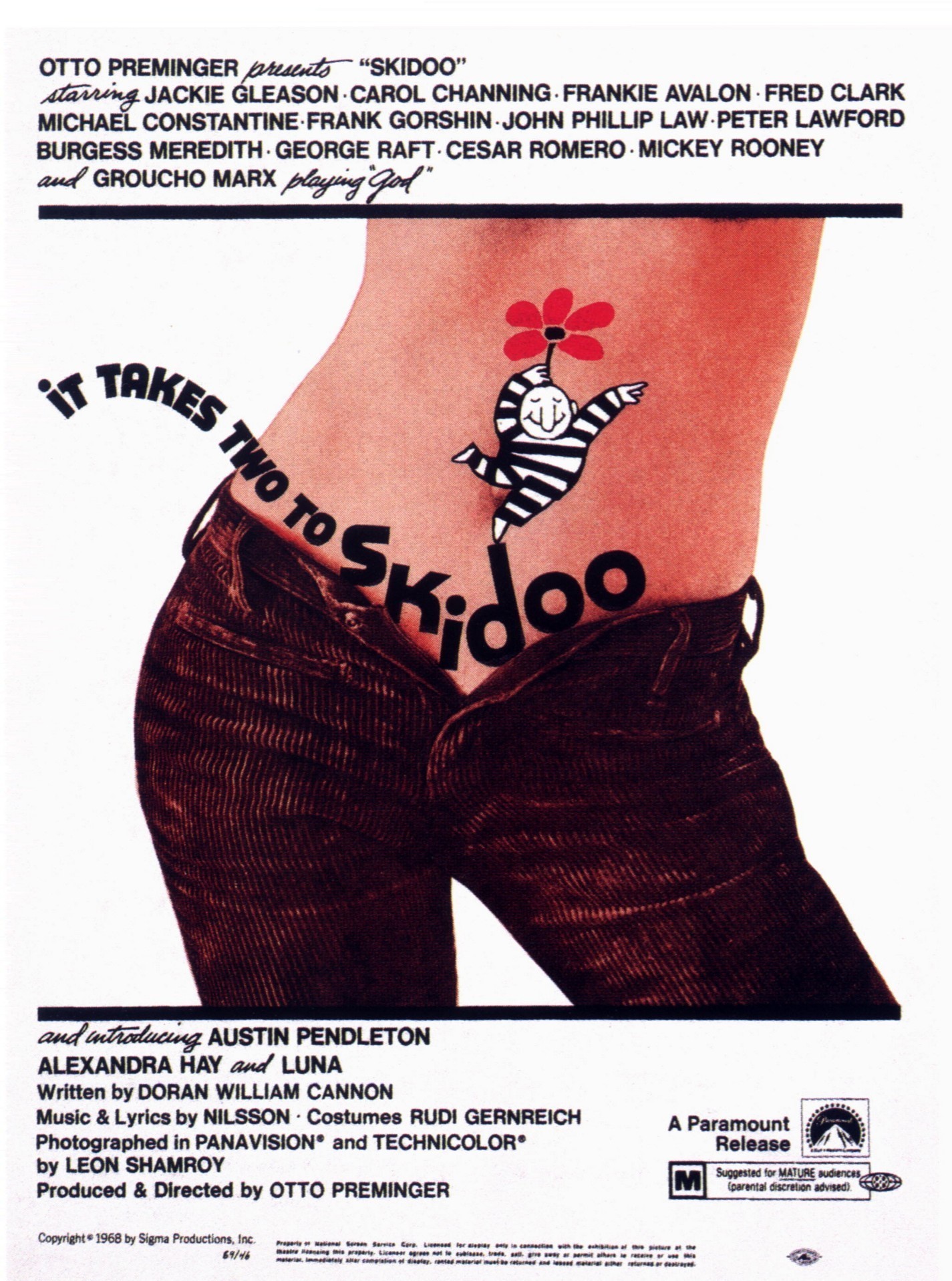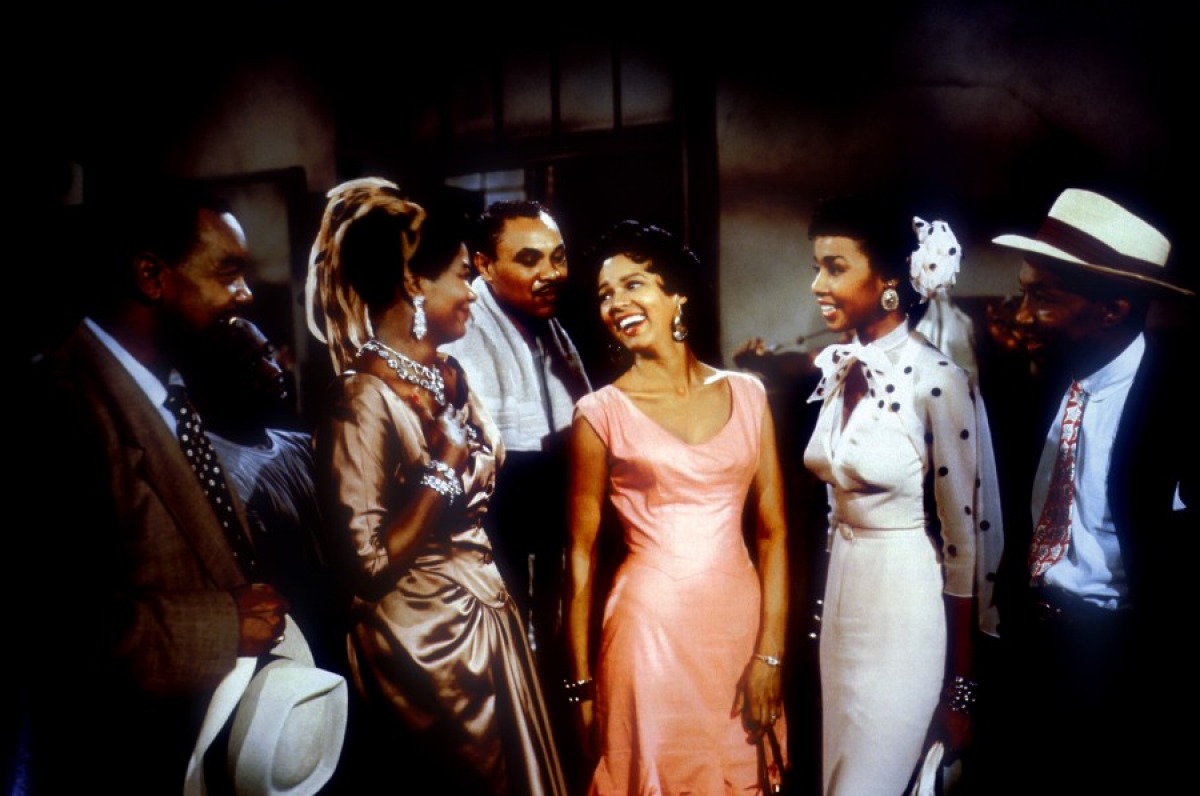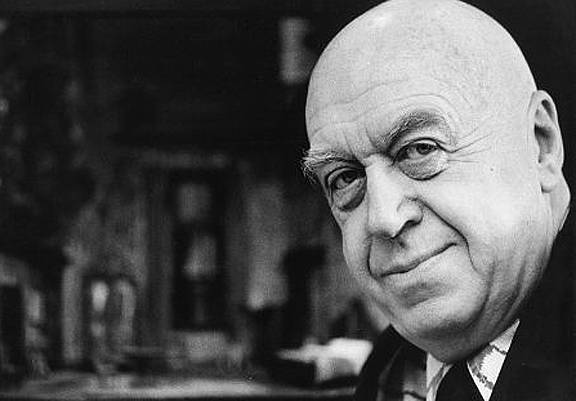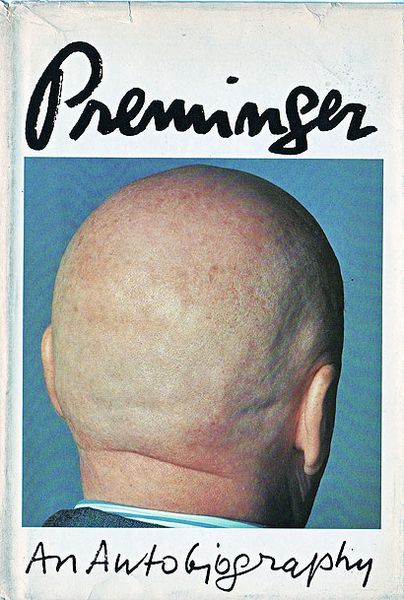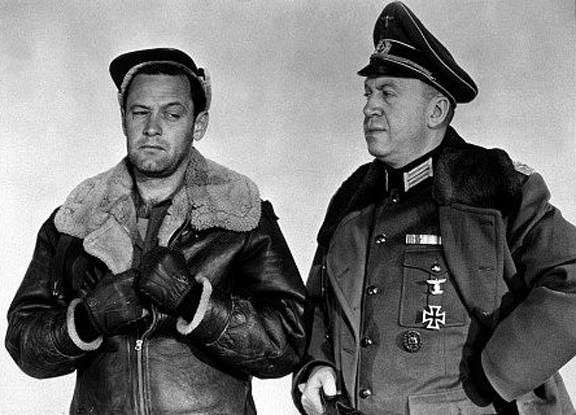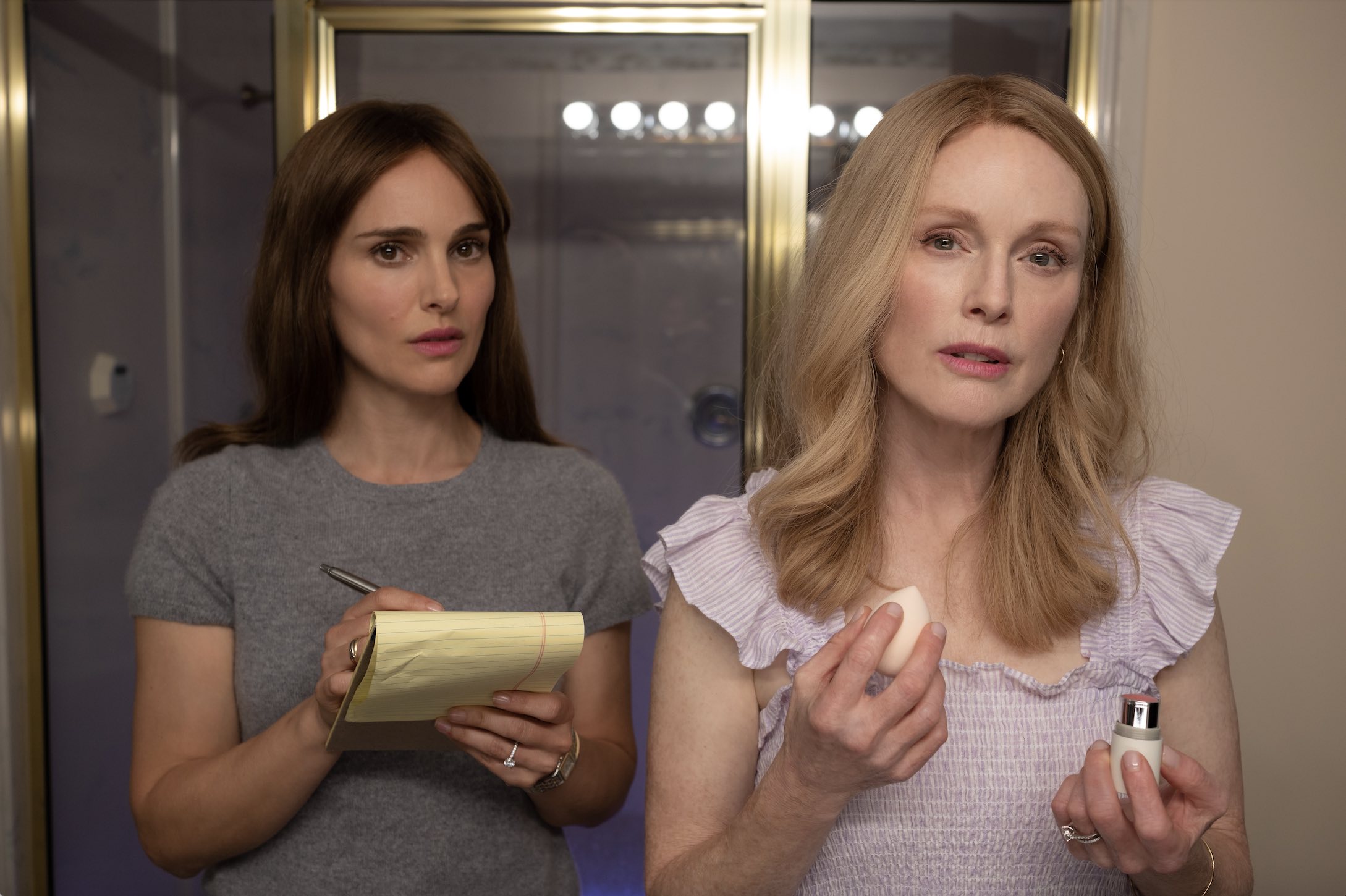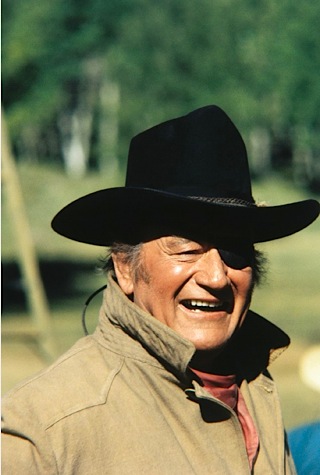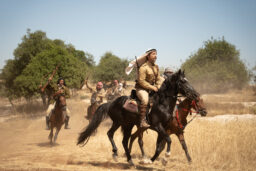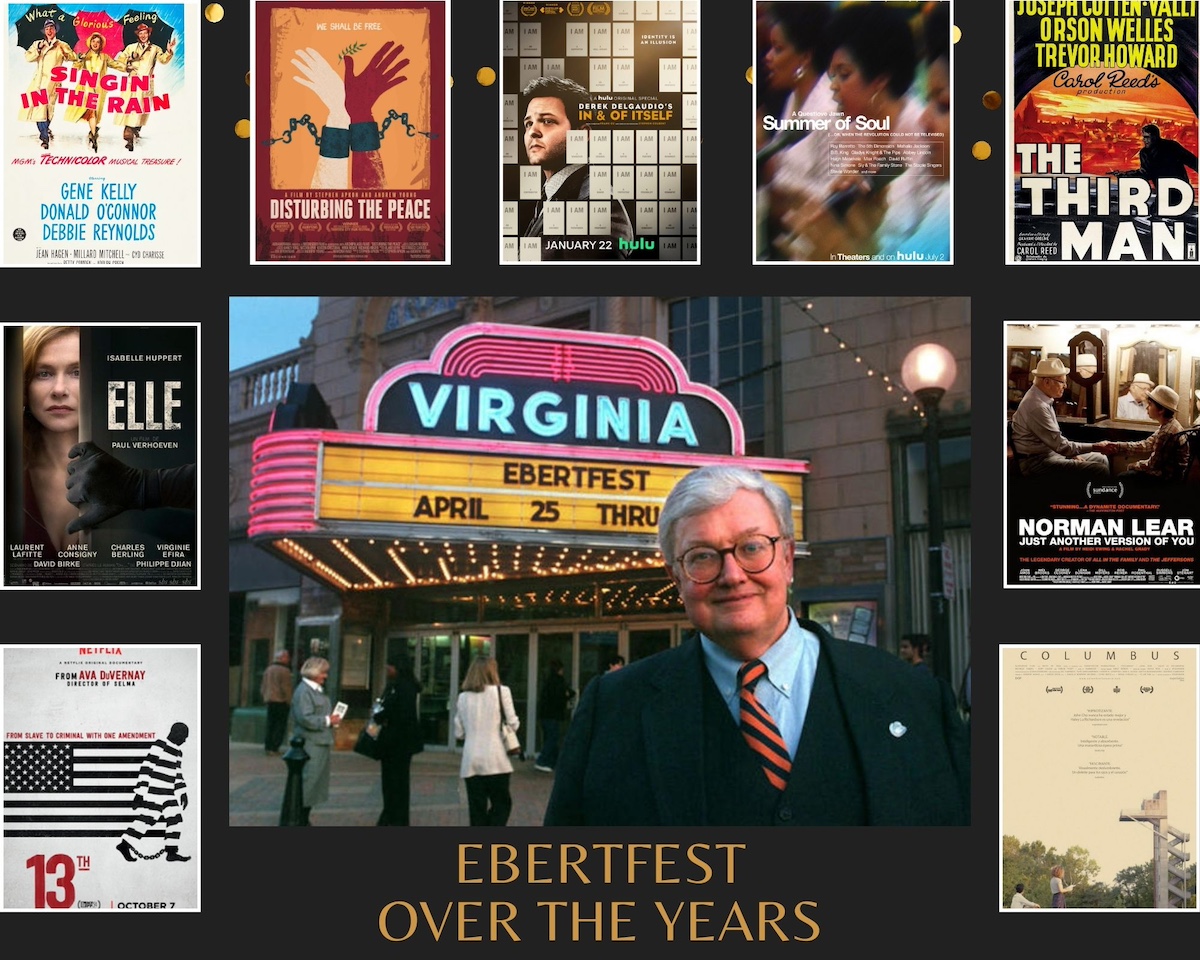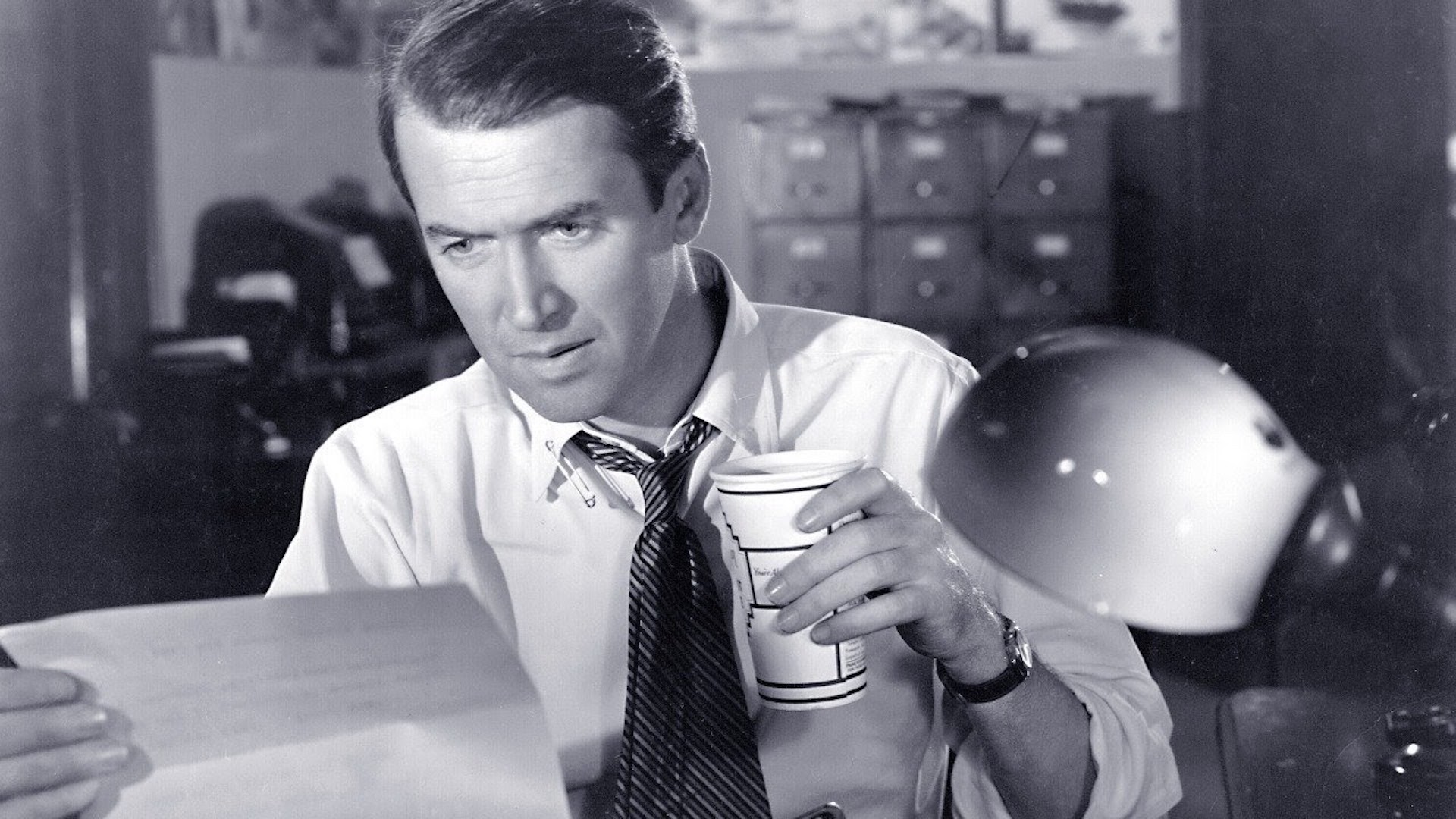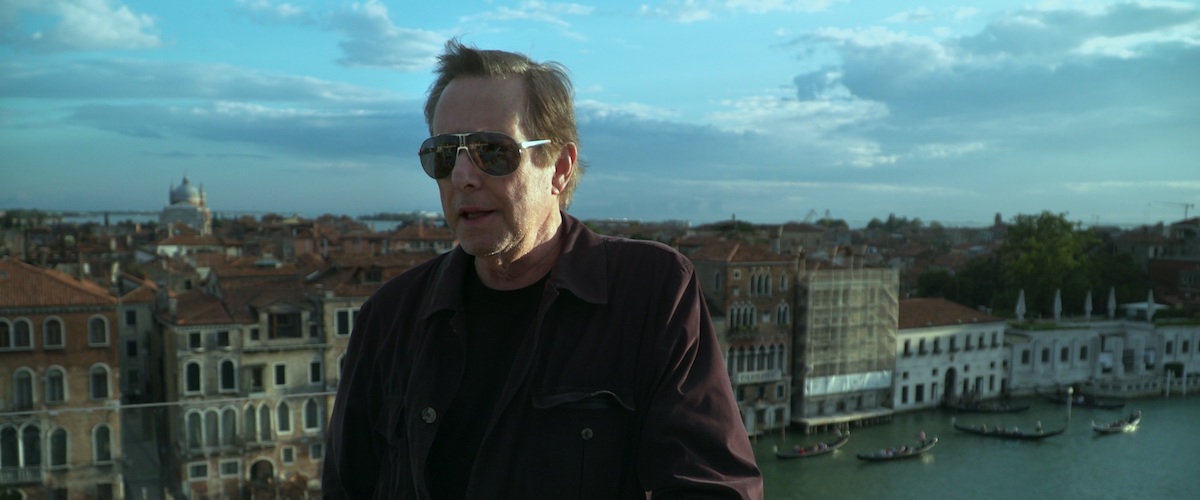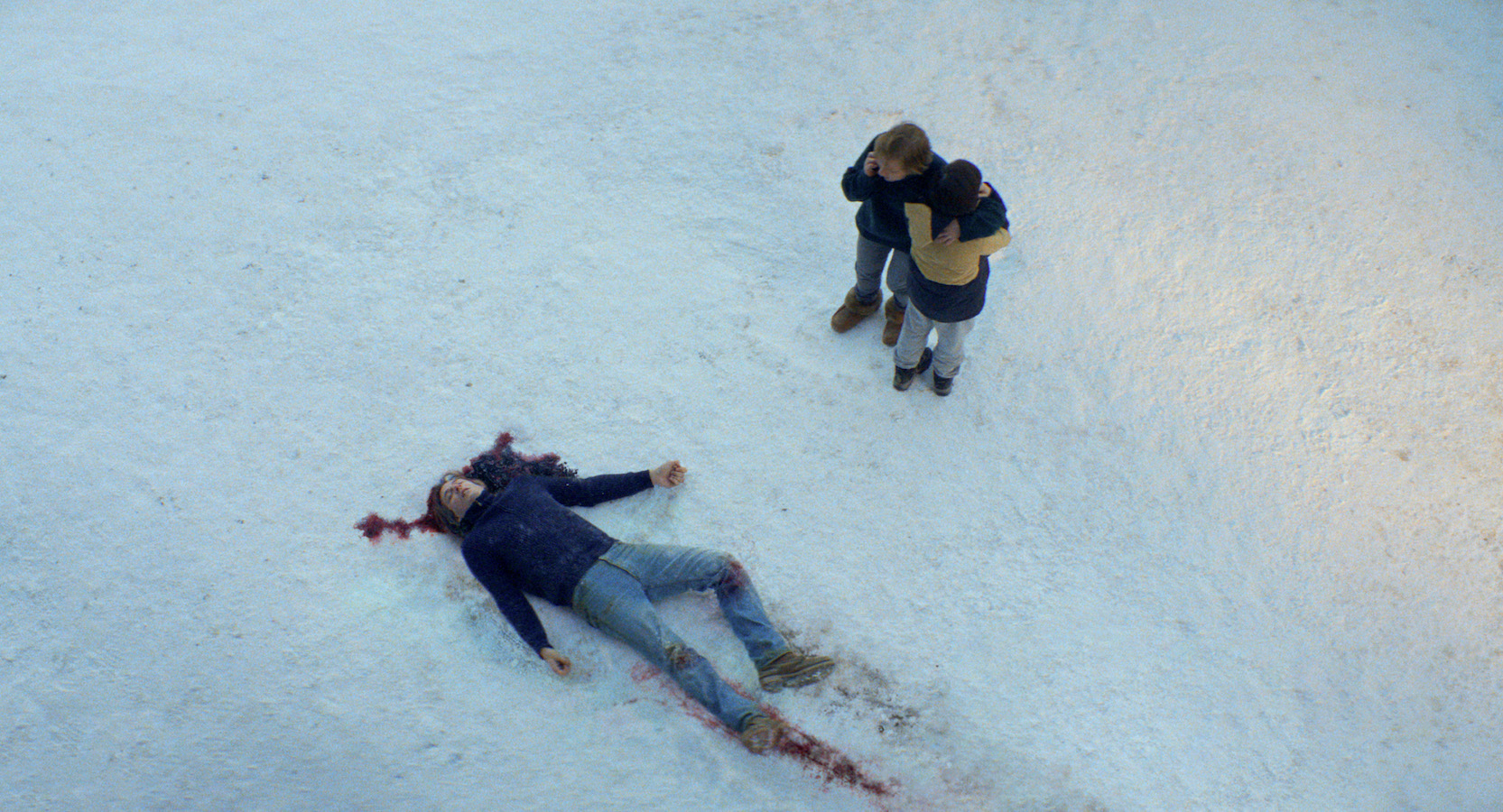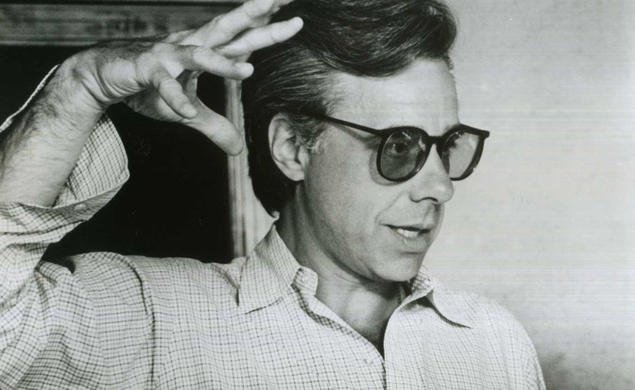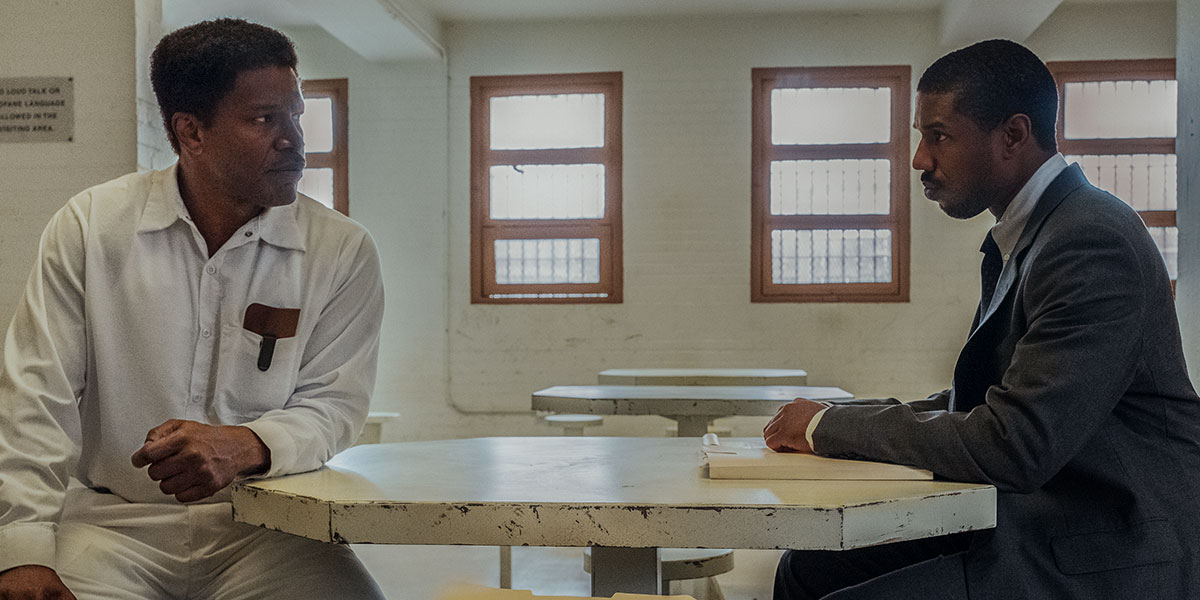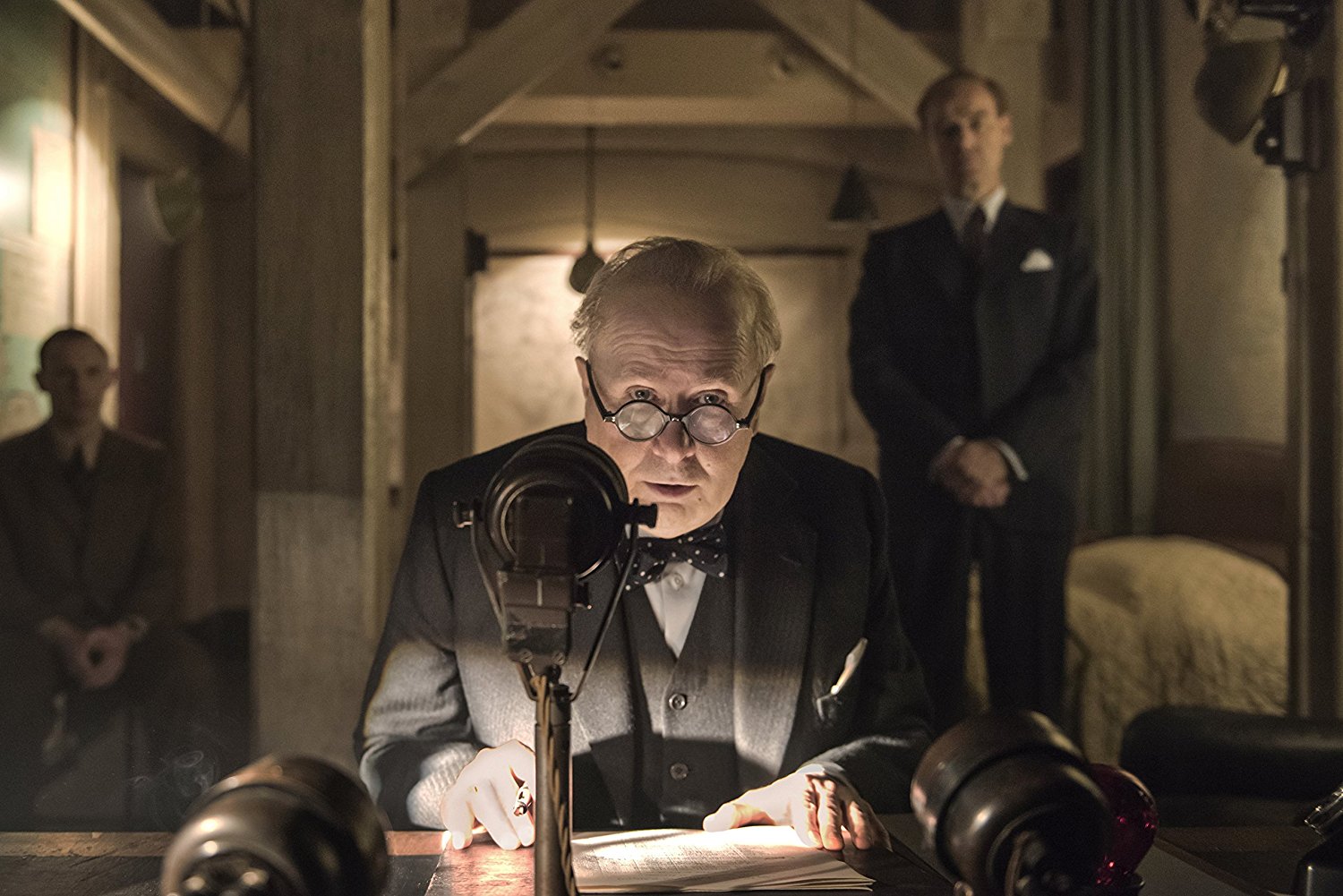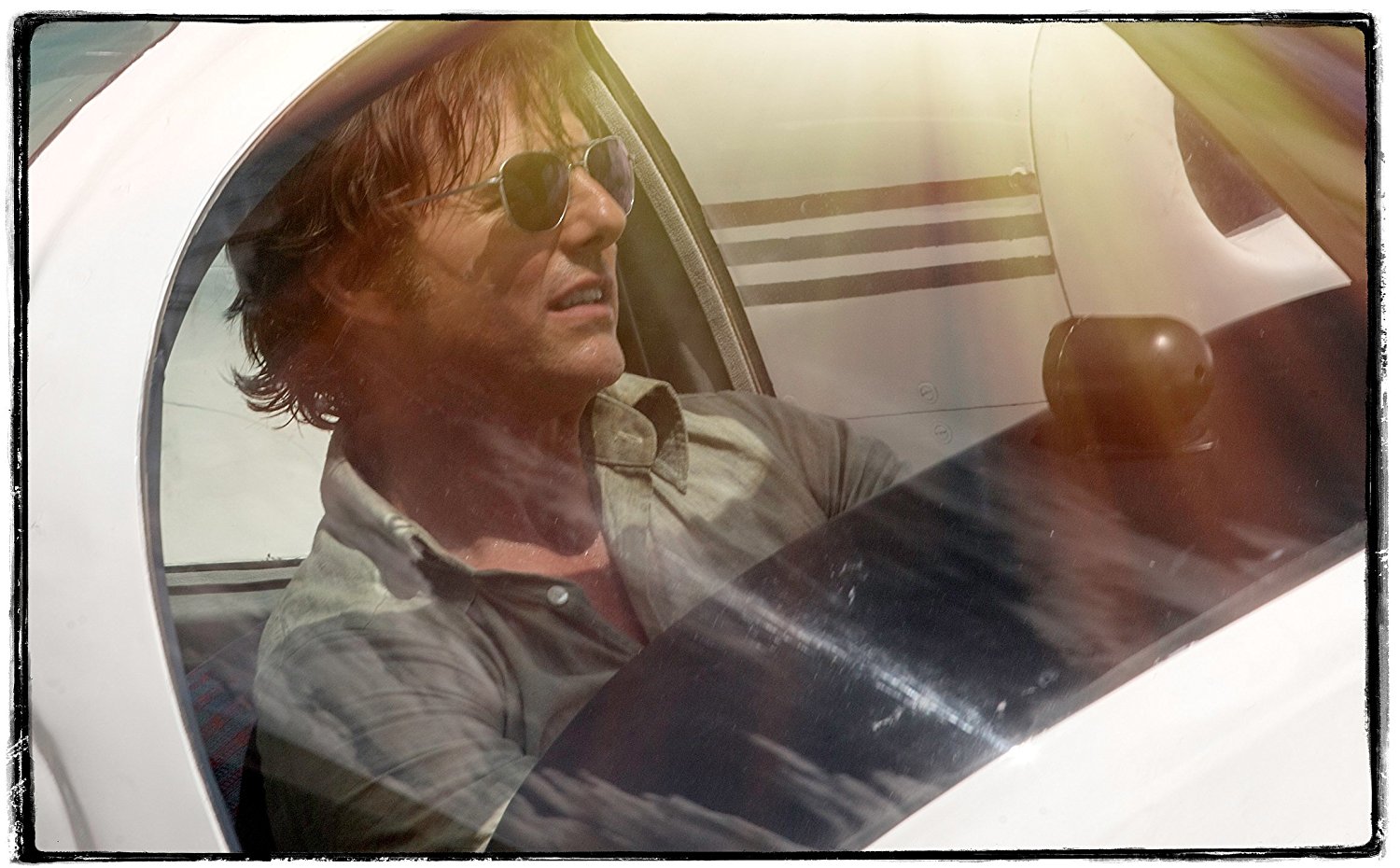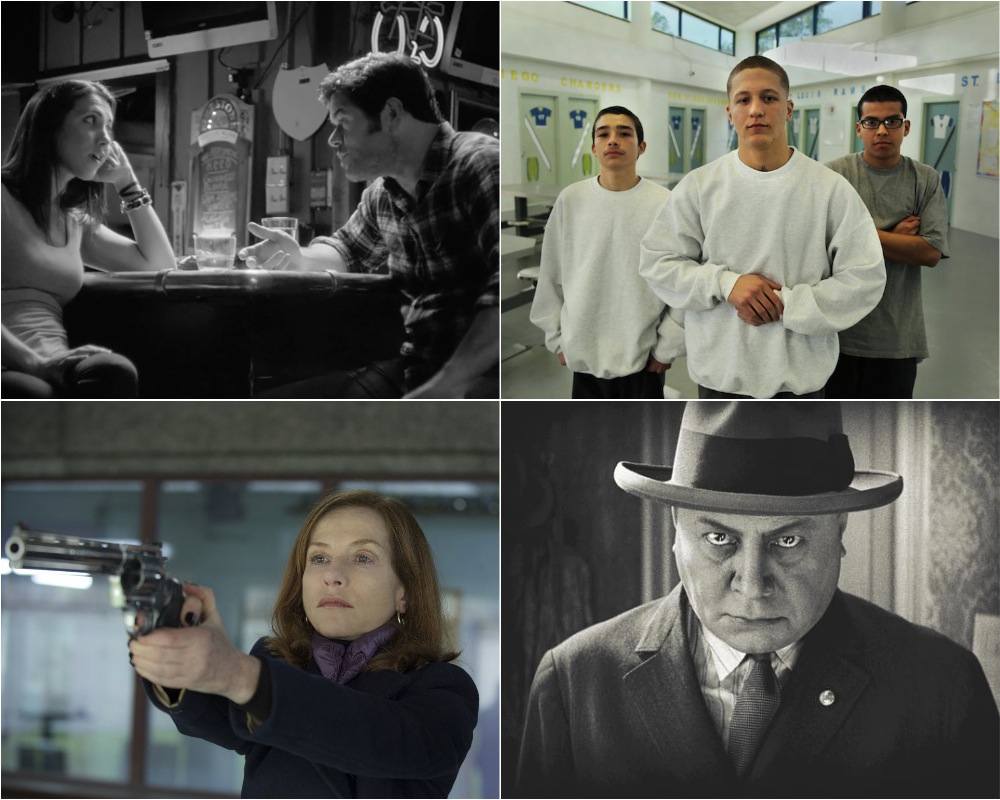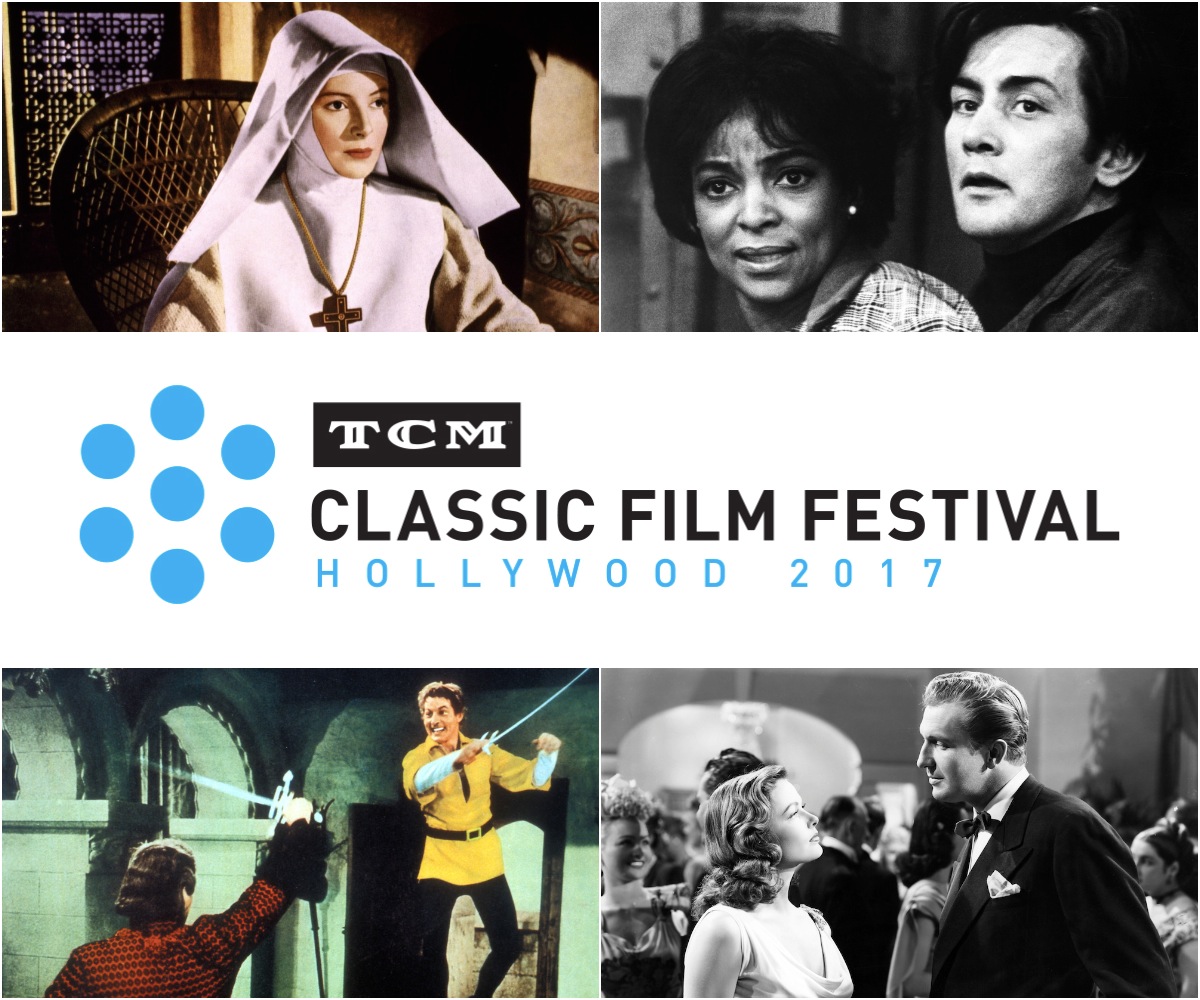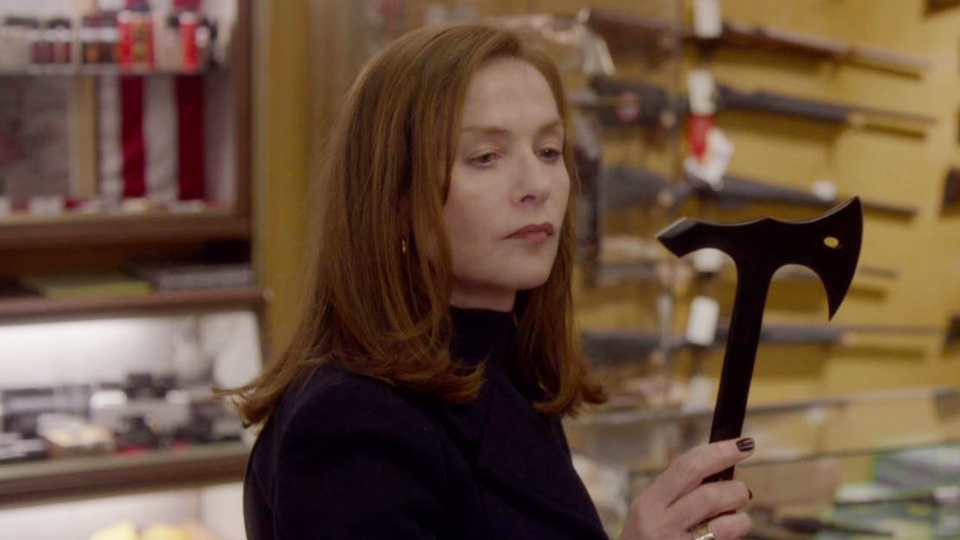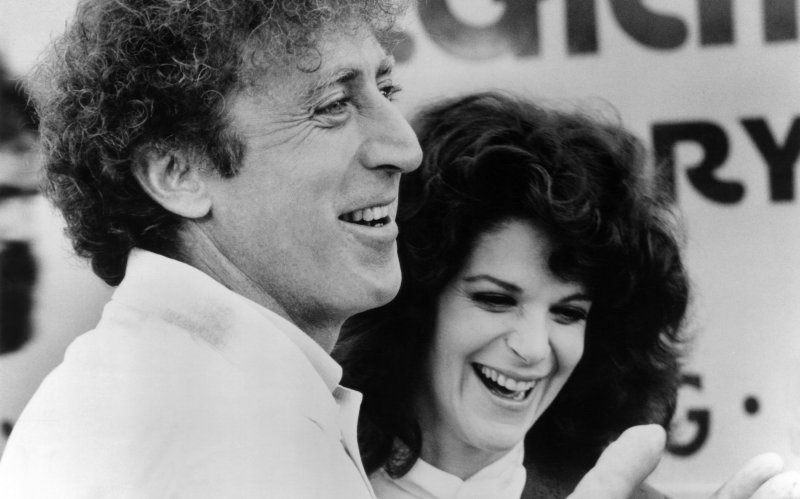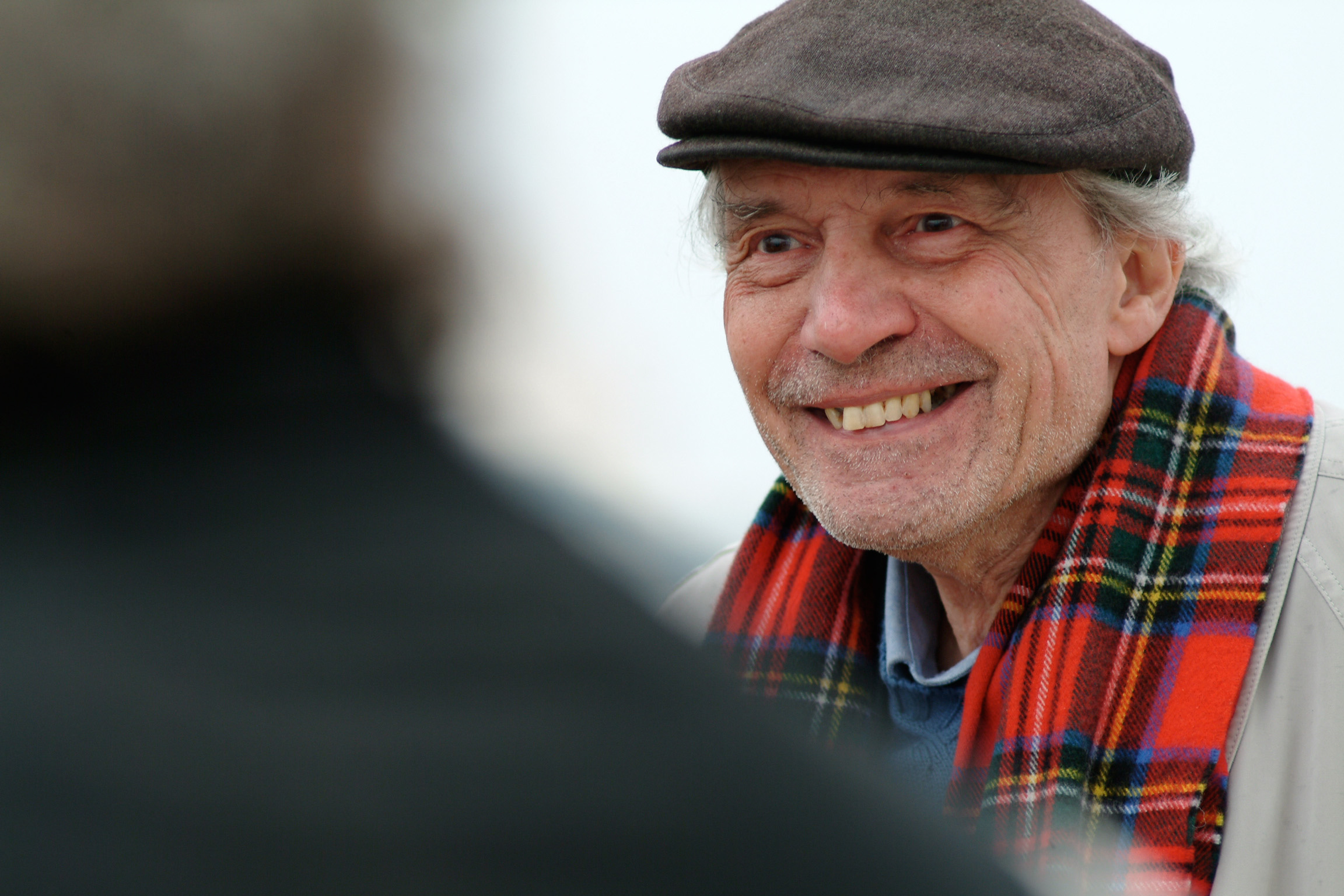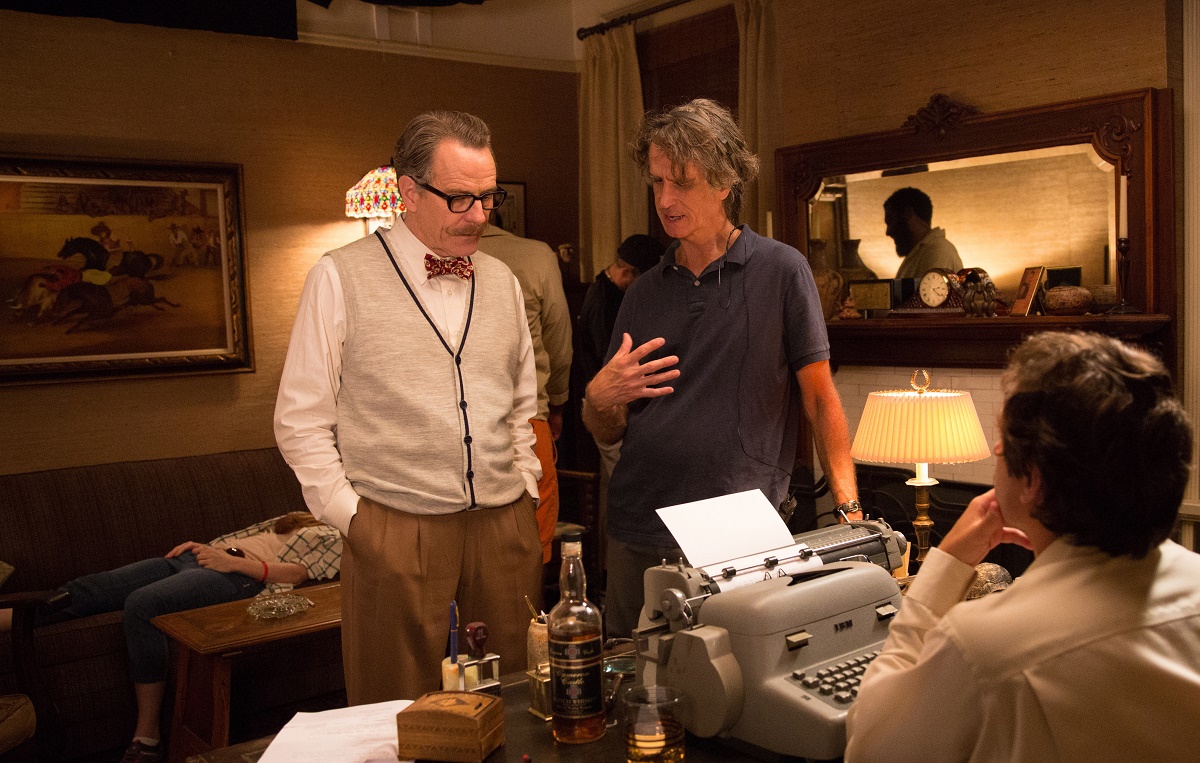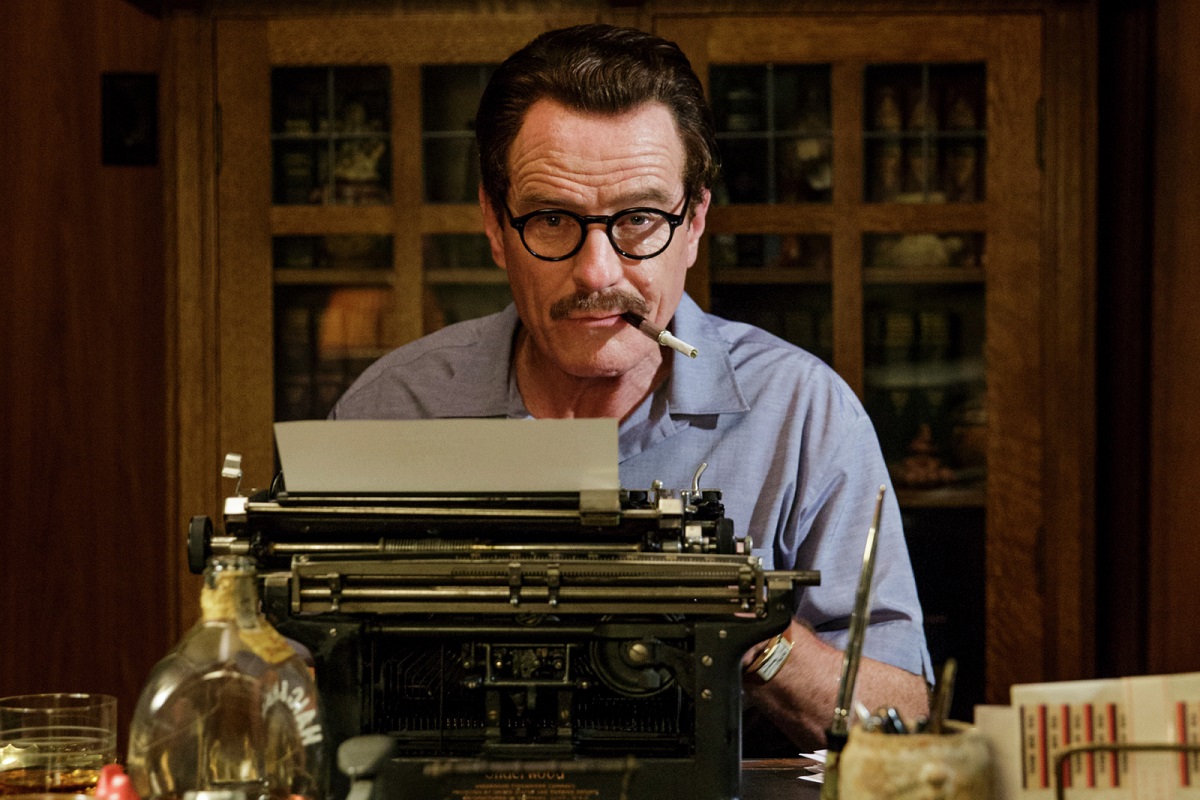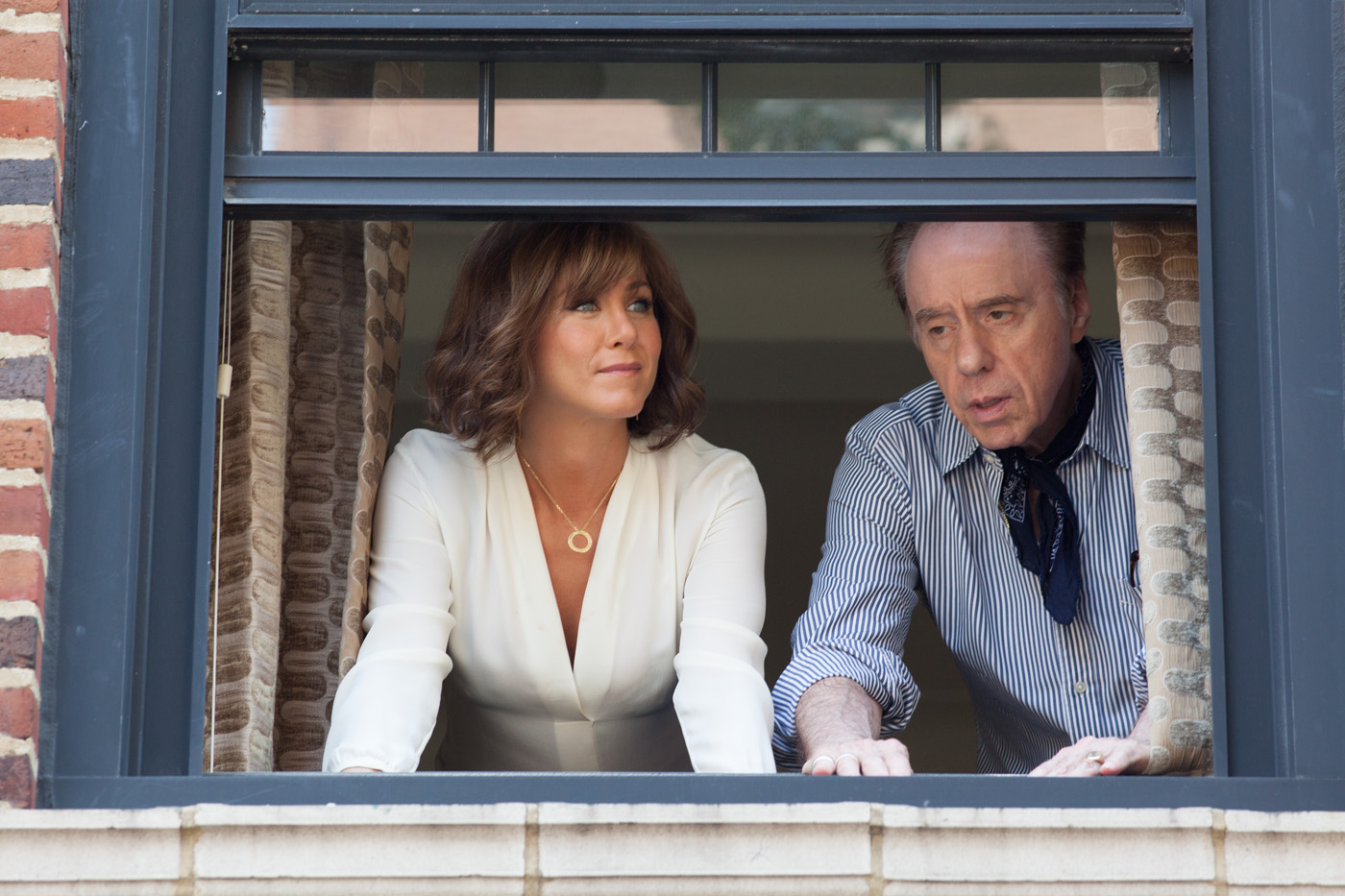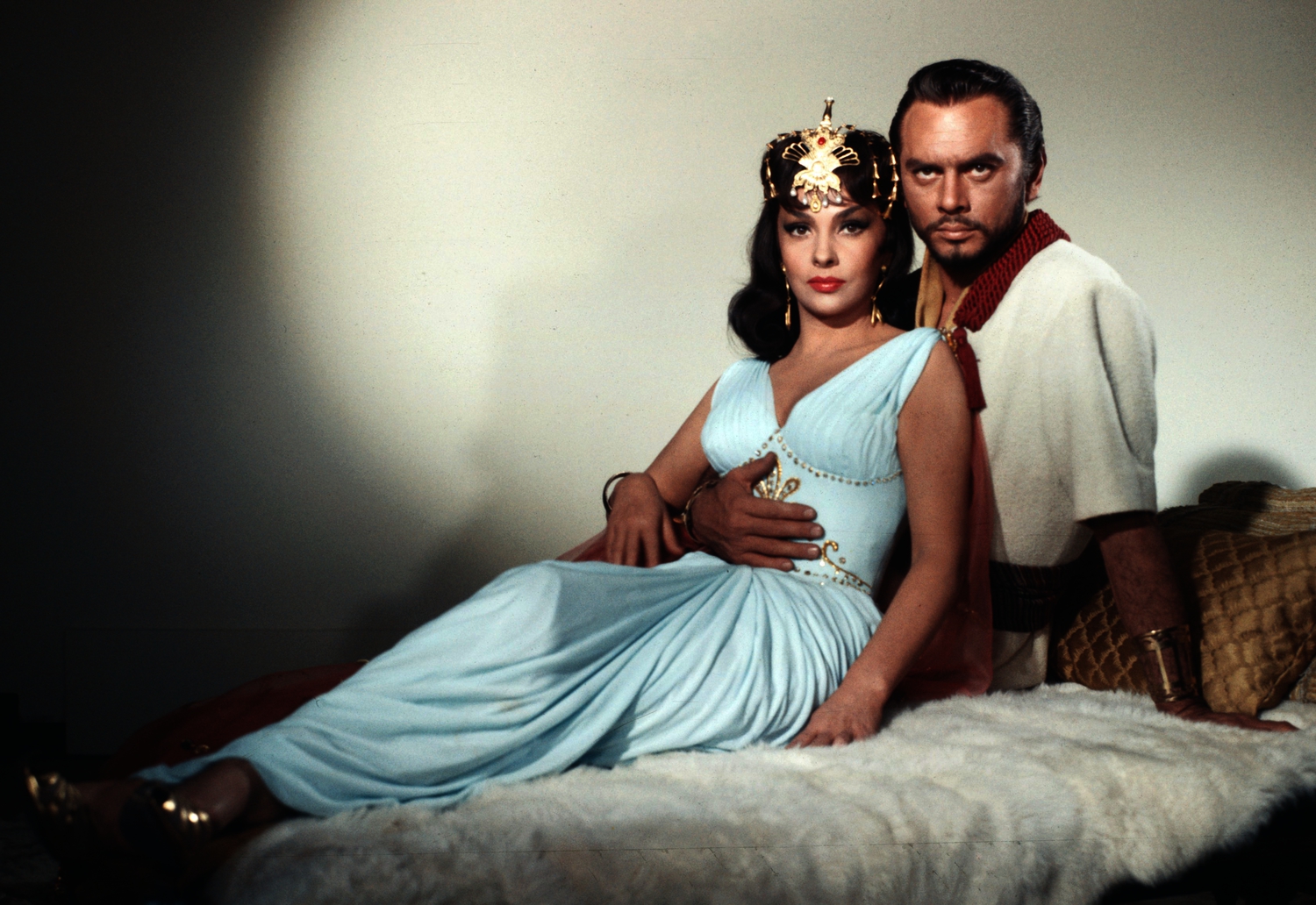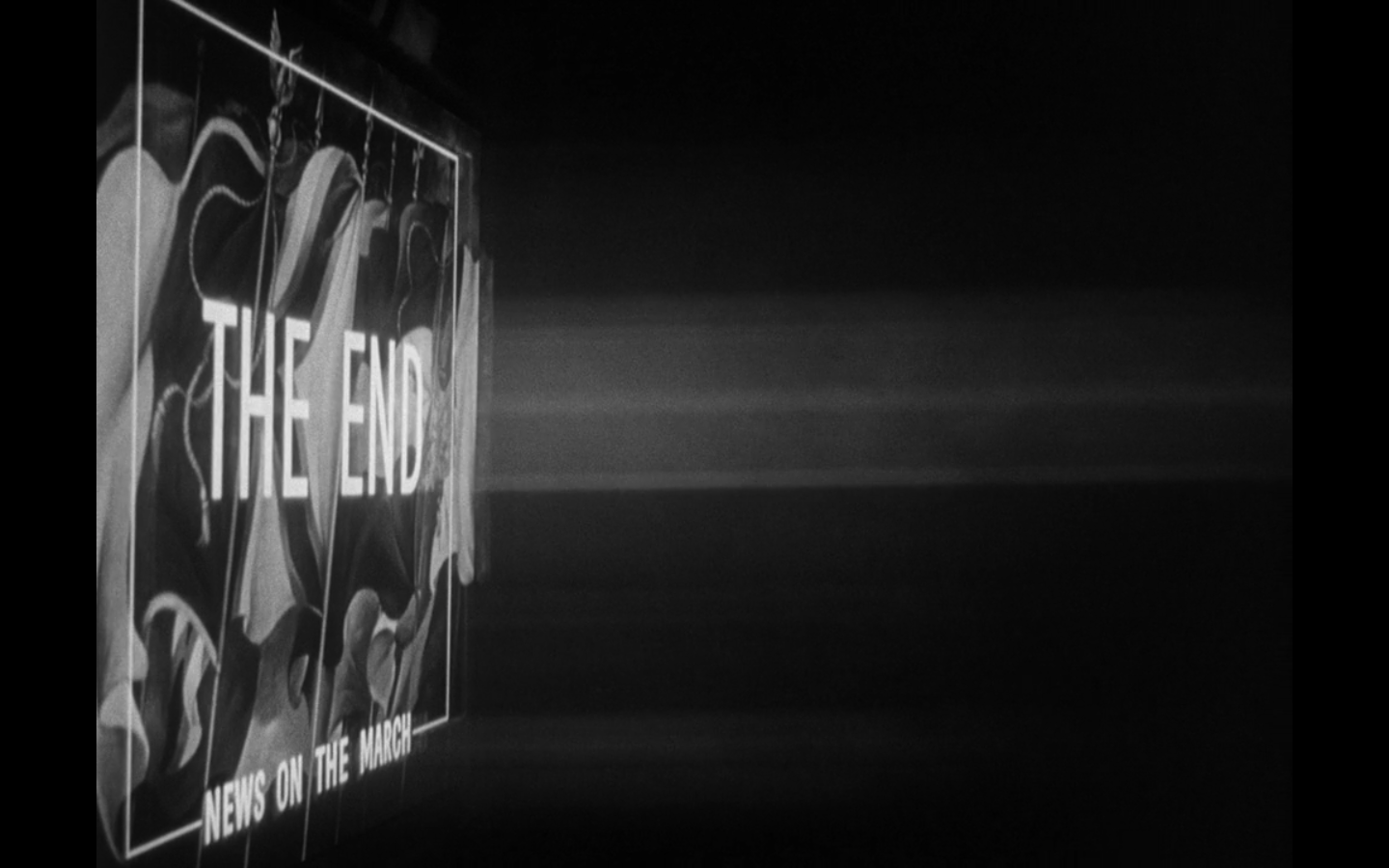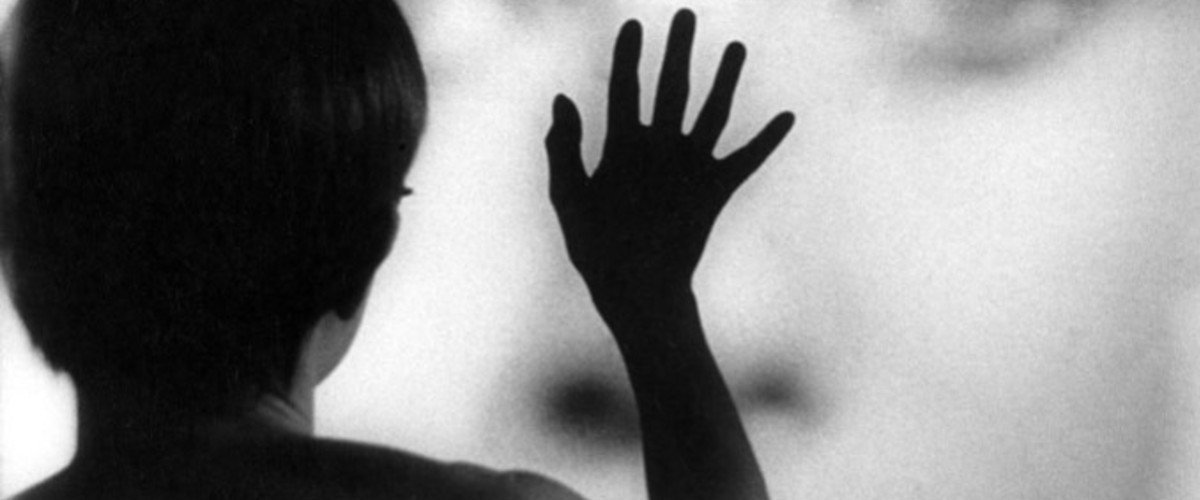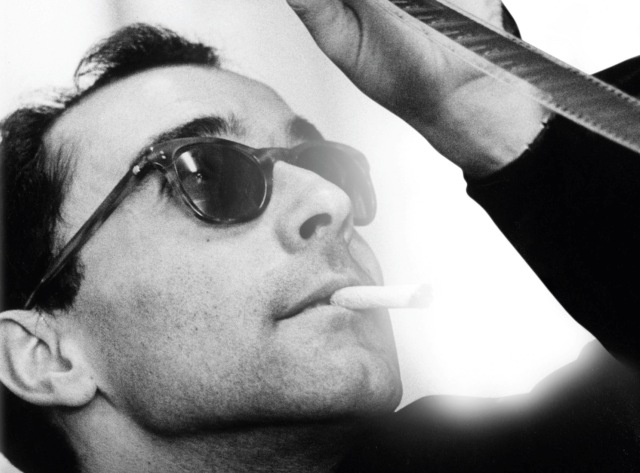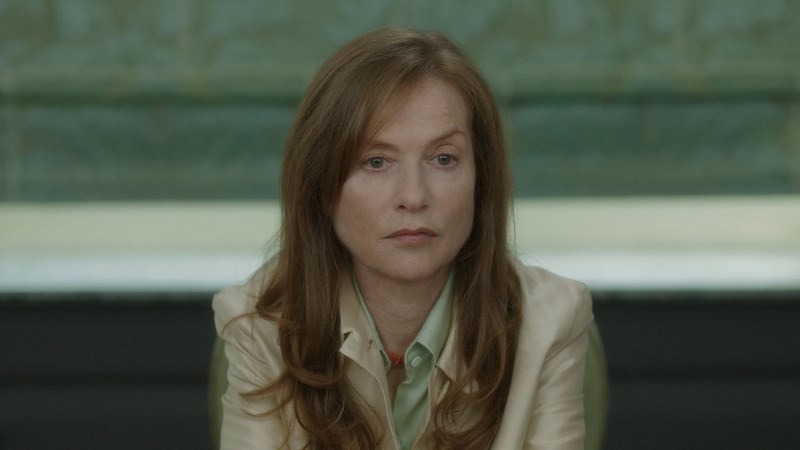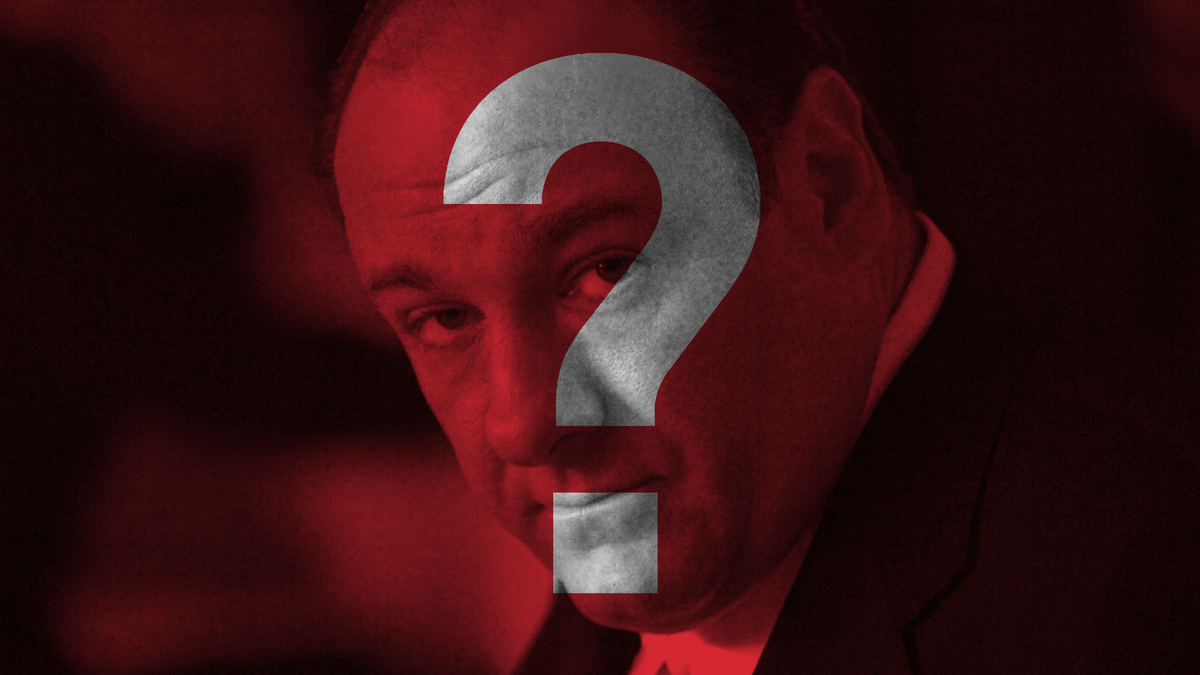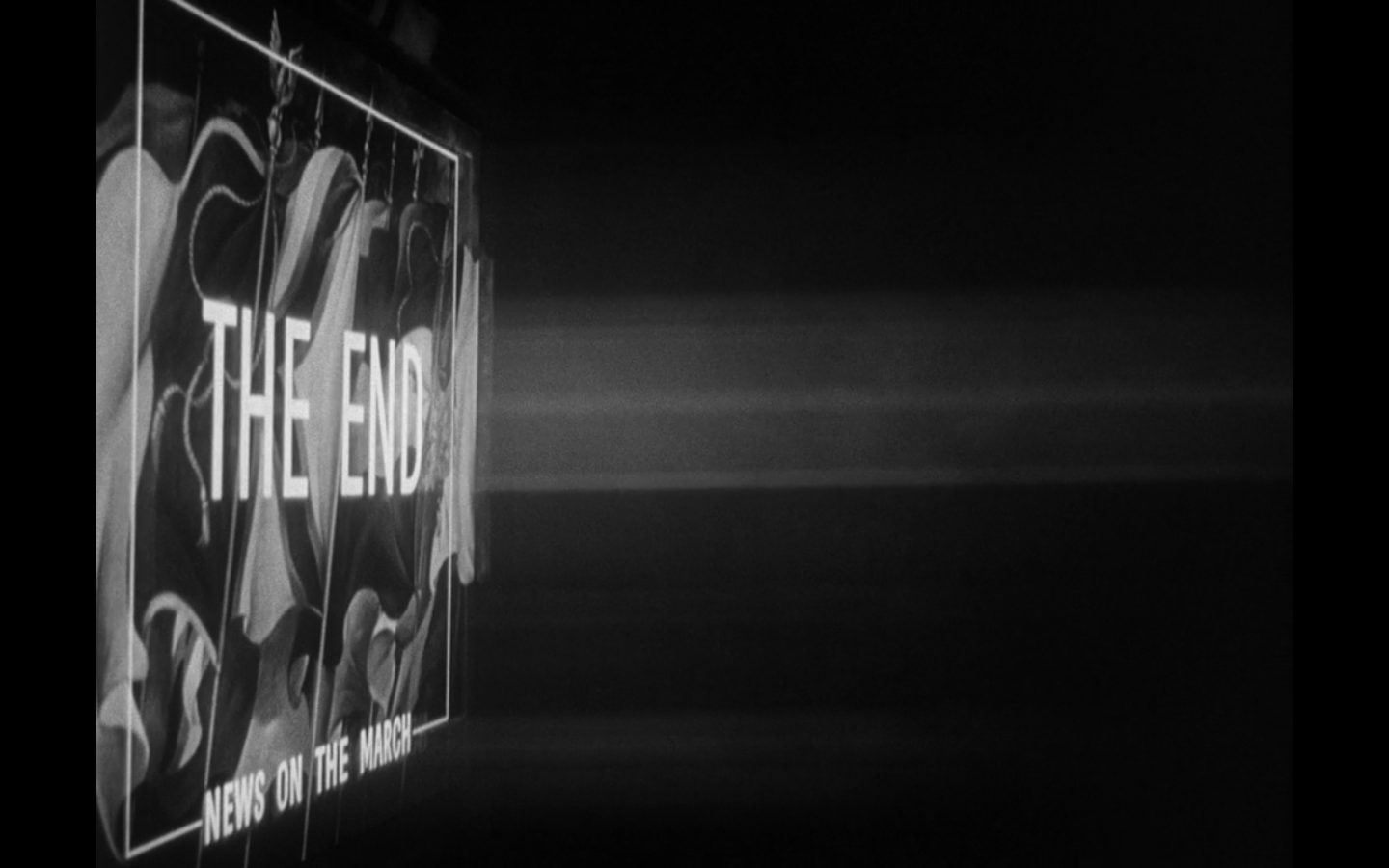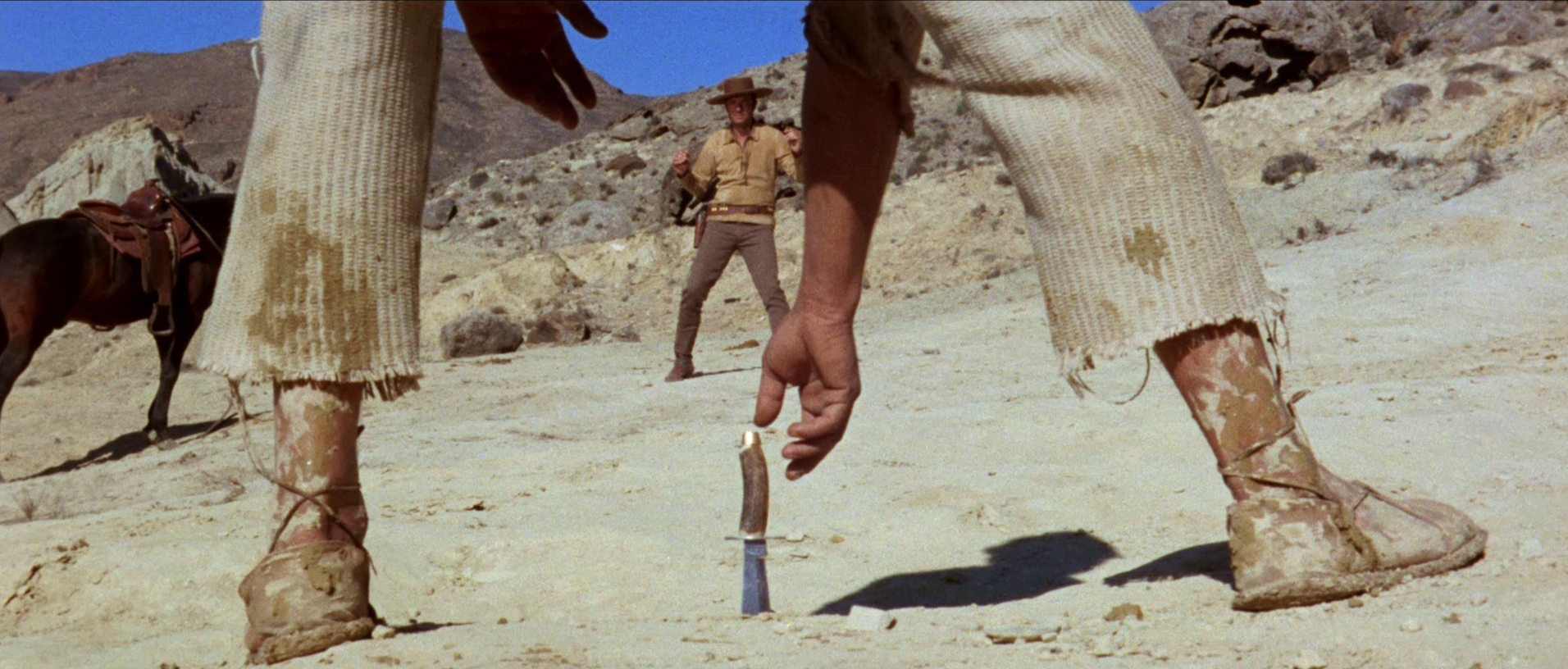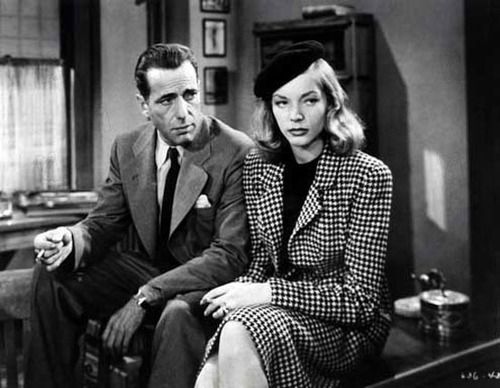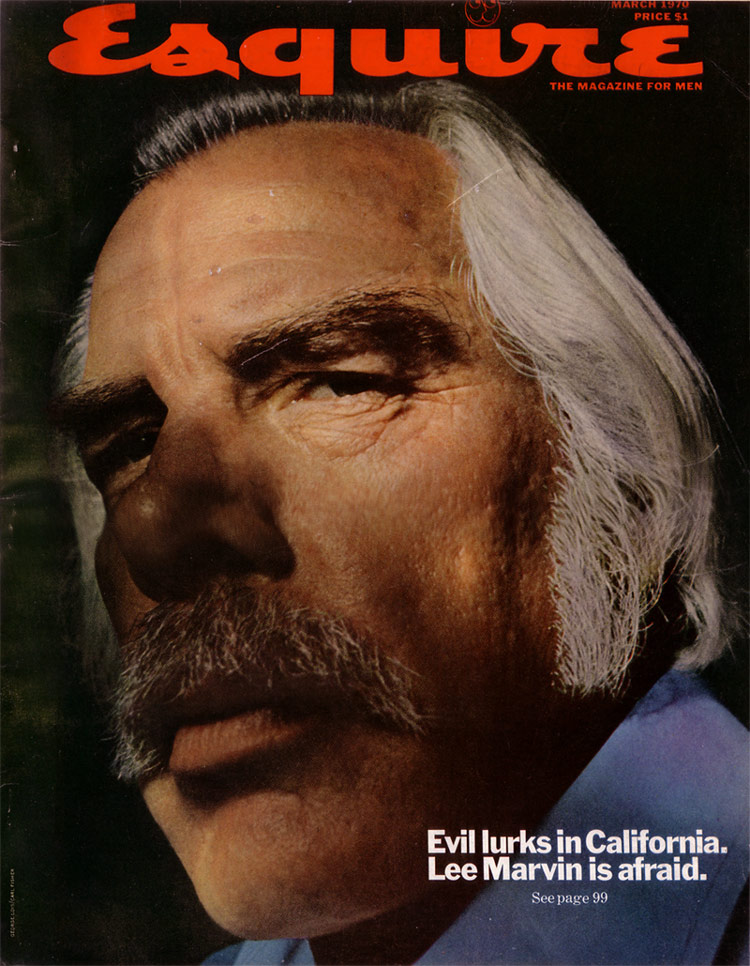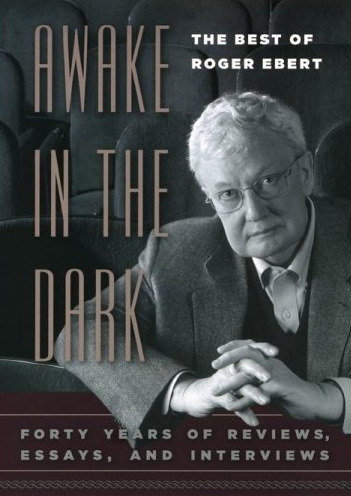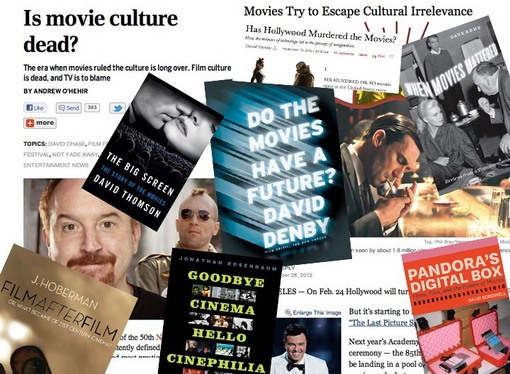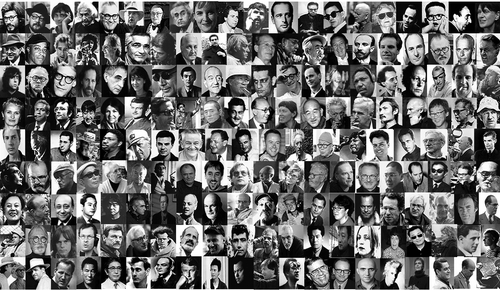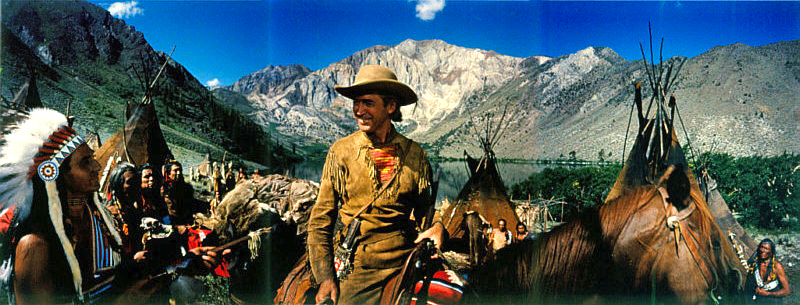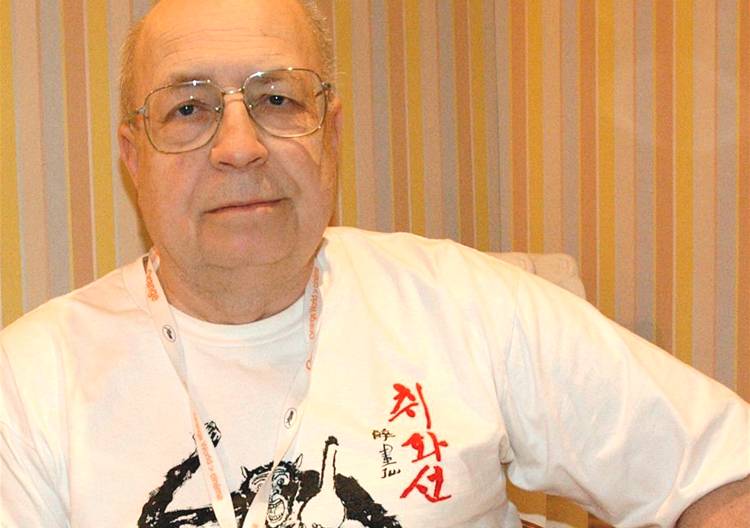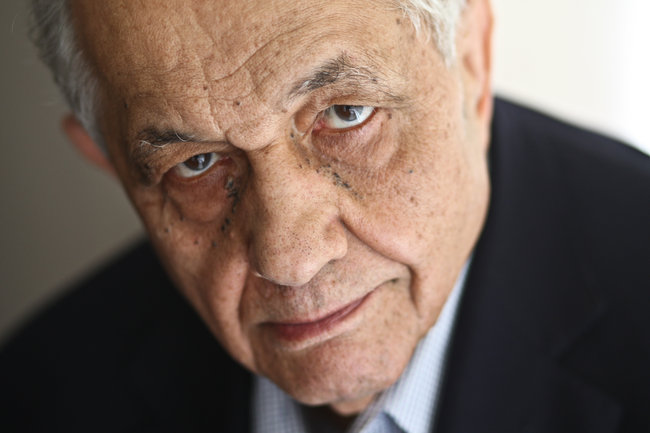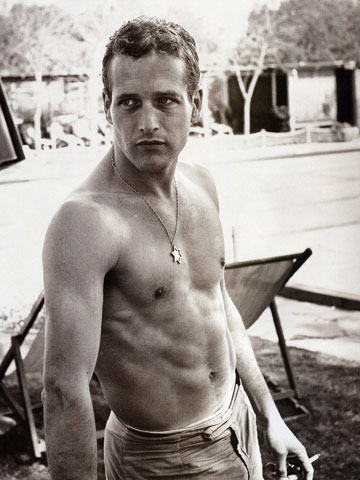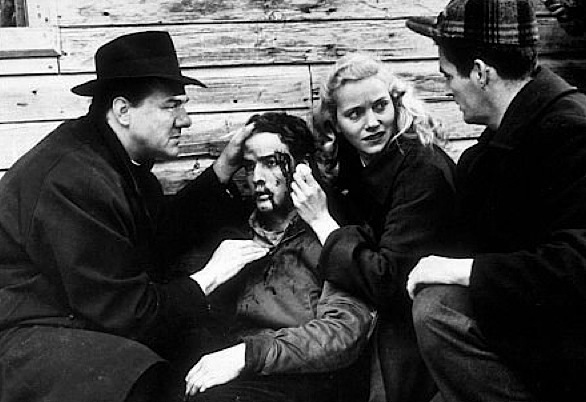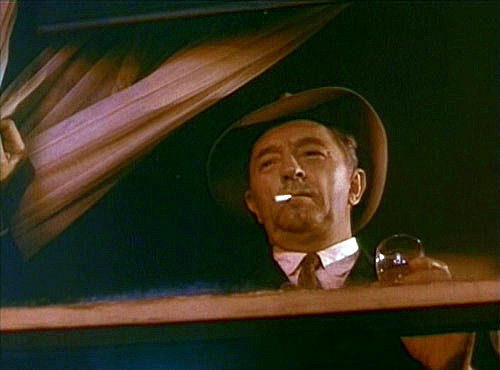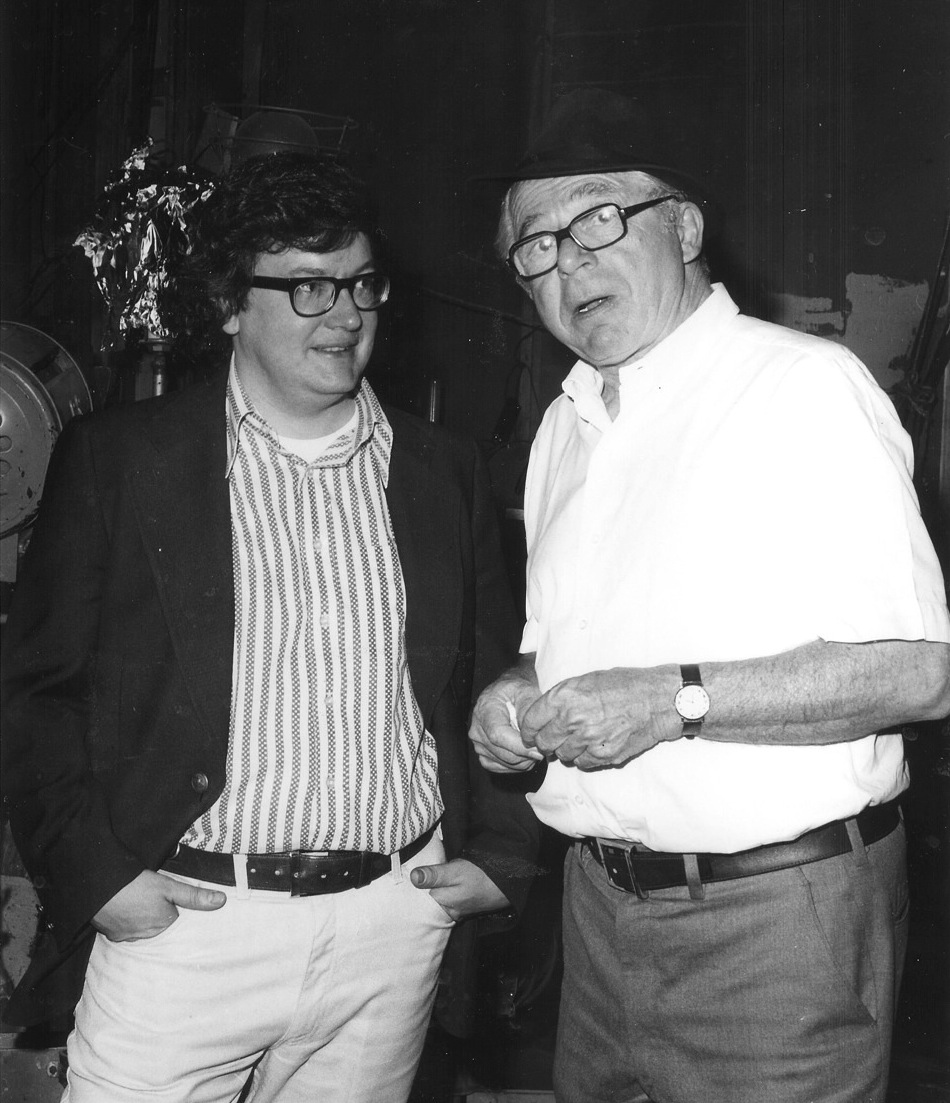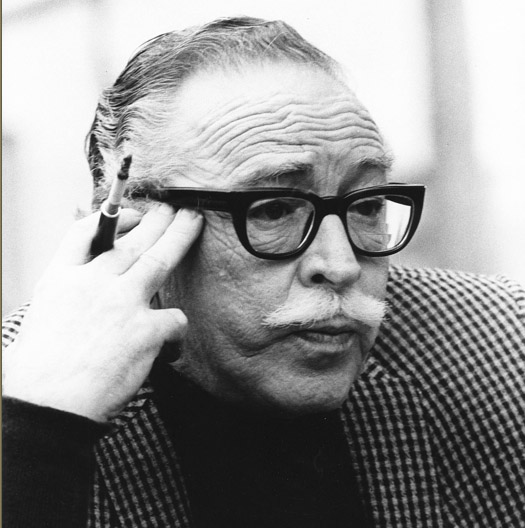Otto Preminger Movie Reviews
Blog Posts That Mention Otto Preminger
AFI Fest 2016: Otto Preminger’s “Carmen Jones”
Jana Monji
On the “Skidoo” set with Otto Preminger: “Mr. von Stroheim, do you hear noise?”
Roger Ebert
Preminger: The Ottobiography
Roger Ebert
Lunch with Otto
Roger Ebert
Cannes 2023: May December, Anatomy of a Fall and a Godard Trailer
Ben Kenigsberg
The Duke on Rooster: “My first good part in 20 years”
Roger Ebert
The 100 Greatest Directors of… what?
Jim Emerson
TIFF 2025: Palestine 36, The Choral, Peak Everything
Marya E. Gates
Light the Fuse: Lalo Schifrin (1932-2025)
Charlie Brigden
TIFF 2024: Bonjour Tristesse, The Fire Inside, The Last Showgirl
Marya E. Gates
Ebertfest Film Festival Over the Years
Chaz Ebert
Noir City Returns to the Music Box in Chicago
Laura Emerick
He Did It All: William Friedkin (1935-2023)
Scout Tafoya
Cannes 2023: Anatomy of a Fall wins Palme d’Or
Ben Kenigsberg
The Connection to Old Hollywood: Peter Bogdanovich (1939-2022)
Scout Tafoya
TIFF 2019: Just Mercy, The Aeronauts, Seberg
Brian Tallerico
Home Entertainment Consumer Guide: March 1, 2018
Brian Tallerico
Home Entertainment Consumer Guide: January 4, 2018
Brian Tallerico
Ebertfest 2017, Day 3: A Special Short, the World’s Greatest Actress and More
Peter Sobczynski
Nitrate and Old Favorites: A Recap of the 2017 TCM Classic Film Festival
Laura Emerick
AFI FEST 2016: Table of Contents
The Editors
Fearless at Ground Zero: On Isabelle Huppert
Dan Callahan
Thumbnails 9/2/16
Matt Fagerholm
Jacques Rivette: 1928-2016
Patrick Z. McGavin
Breaking Down the Castle Walls: Jay Roach and Bryan Cranston on “Trumbo”
Susan Wloszczyna
TIFF 2015: “Trumbo”
Brian Tallerico
Playing All the Parts: Peter Bogdanovich on “She’s Funny That Way”
Jim Hemphill
Sex Symbol Without Auteur: The Strange Case of the Gina Lollobrigida Filmography
Glenn Kenny
Godfrey Cheshire’s “Death of Film/Decay of Cinema” Essay
Matt Zoller Seitz
Book Excerpt: “Mise en scène and Film Style: From Classical Hollywood to New Media Art” by Adrian Martin
The Editors
Beyond Narrative: The Future of the Feature Film
Roger Ebert
“Godard: The First Wave” Comes to Chicago
Peter Sobczynski
CIFF 2014 Tribute: Isabelle Huppert
Peter Sobczynski
Thumbnails 8/28/14
Matt Fagerholm
Death of Film/Decay of Cinema at 15: A Conversation with Godfrey Cheshire
Matt Zoller Seitz
Blu-ray Consumer Guide: February 19 2014
Glenn Kenny
Book Excerpt: Rainer on Film, Thirty Years of Film Writing in a Turbulent and Transformative Era
The Editors
What was it like to work with so-and-so? No, <i>really?</i>
Roger Ebert
Awake in the Dark: Best of Ebert
Roger Ebert
Who the Devil Made It is a feast of memories, history and tall
Roger Ebert
Movie culture: The Dead, the Deader and the Deadest
Jim Emerson
Name That Director!
Jim Emerson
Variety: This thumb’s for you
Roger Ebert
Ladies and gentlemen… this — is Cinerama!
Roger Ebert
Toronto #7: One T-shirt after another
Roger Ebert
Chicago Film Festival 1969
Roger Ebert
Andrew Sarris, 1928-2012: In Memoriam
Roger Ebert
Paul Newman: In memory
Roger Ebert
Karl Malden: In Memory
Roger Ebert
George C. Scott: In Memoriam
Roger Ebert
Frank Sinatra’s legend lives on in films
Roger Ebert
The last of the old lions
Roger Ebert
James Stewart, a tribute
Roger Ebert
Remembering Dalton Trumbo
Roger Ebert
Robert Mitchum: “Bring me a Miltown, sweetheart.”
Roger Ebert
Billy Wilder on “The Front Page”
Roger Ebert
Interview with Dalton Trumbo
Roger Ebert
Interview with John Wayne (1968)
Roger Ebert
Interview with Roger Corman
Roger Ebert
Popular Reviews

The best movie reviews, in your inbox
